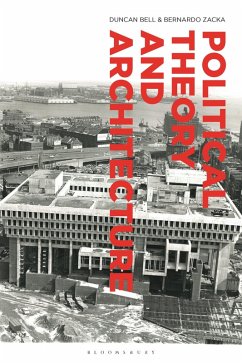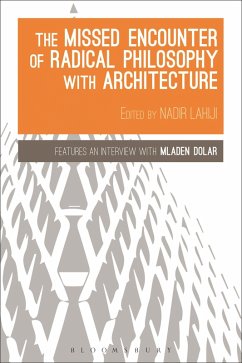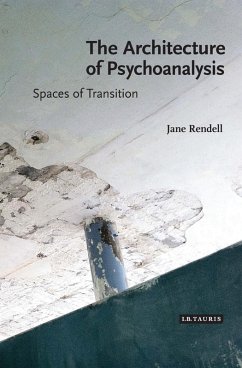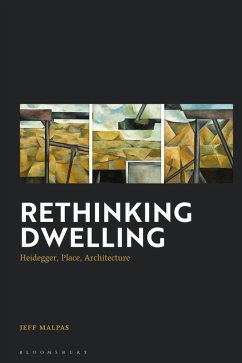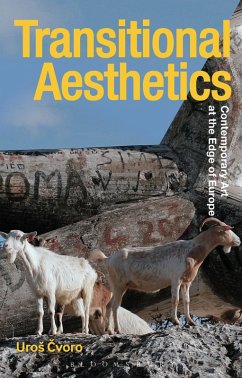
Political Theory and Architecture (eBook, PDF)

PAYBACK Punkte
11 °P sammeln!
What can political theory teach us about architecture, and what can it learn from paying closer attention to architecture? The essays assembled in this volume begin from a common postulate: that architecture is not merely a backdrop to political life but a political force in its own right. Each in their own way, they aim to give countenance to that claim, and to show how our thinking about politics can be enriched by reflecting on the built environment. The collection advances four lines of inquiry, probing the connection between architecture and political regimes; examining how architecture c...
What can political theory teach us about architecture, and what can it learn from paying closer attention to architecture? The essays assembled in this volume begin from a common postulate: that architecture is not merely a backdrop to political life but a political force in its own right. Each in their own way, they aim to give countenance to that claim, and to show how our thinking about politics can be enriched by reflecting on the built environment. The collection advances four lines of inquiry, probing the connection between architecture and political regimes; examining how architecture can be constitutive of the ethical and political realm; uncovering how architecture is enmeshed in logics of governmentality and in the political economy of the city; and asking to what extent we can think of architecture-tributary as it is to the flows of capital-as a partially autonomous social force. Taken together, the essays demonstrate the salience of a range of political theoretical approaches for the analysis of architecture, and show that architecture deserves a place as an object of study in political theory, alongside institutions, laws, norms, practices, imaginaries, and discourses.




